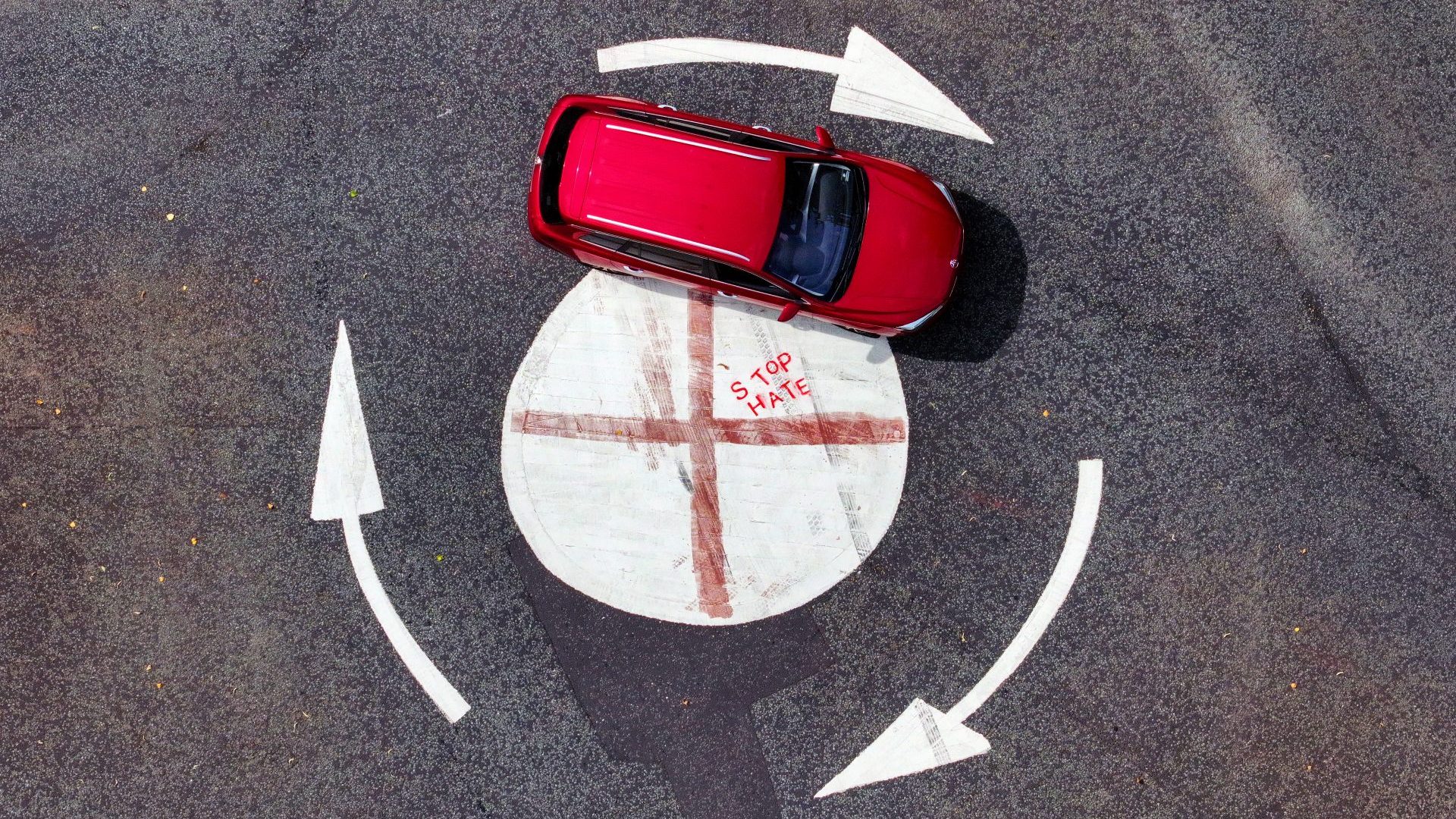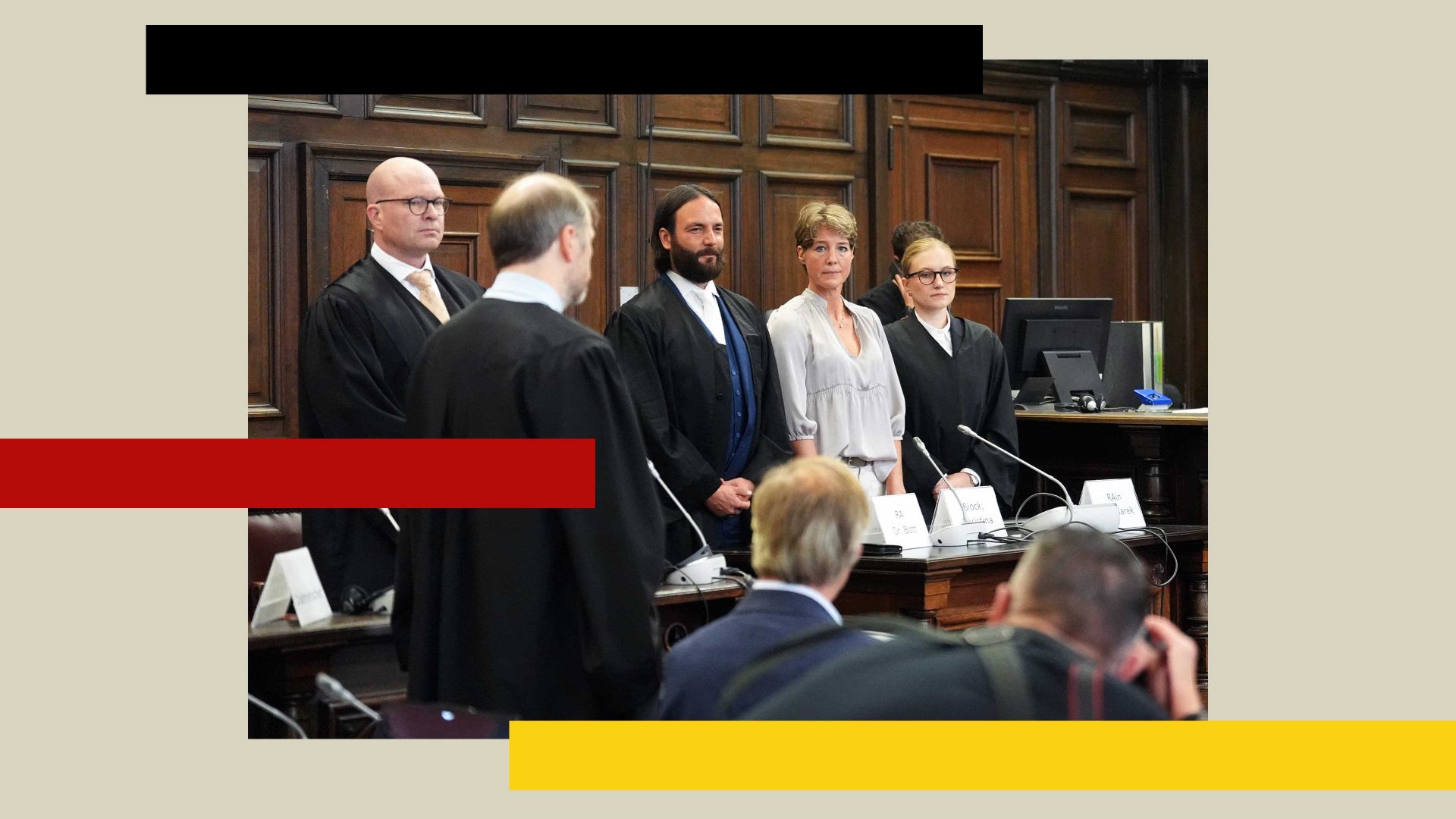With the BBC now treating Nigel Farage as prime minister in waiting, and showcasing his sick scheme to deport huge numbers of our fellow Brits, there is a serious chance that Reform could win the next general election.
The right wing press is now speculating that Britain will be hit with a financial crisis, requiring an IMF bailout and an early general election, ridding them for ever of the prospect of progressive government as the left fragments and Farage enacts a Trump-style overturn of democracy.
The prospect has prompted progressives to urge Keir Starmer to resurrect the Brexit issue. Pin the whole fiasco – from slow growth to small boats – on the terms of the Trade and Cooperation Agreement (TCA) and go to the country pledging to rejoin the single market.
I know many readers of the New World would probably like this to happen, but I don’t think it is going to. Those who want to assemble a coalition of progressive parties to rejoin Europe need to confront the strategic problem that faces not just Labour but all of us.
It is not the 27% polling score of Reform: it is the wider and deeper racist radicalisation that is taking place among the small-town white working class. If you are not spending your waking hours terrified of its consequences, you are underestimating the trouble we are in.
As the past two weeks have shown, we are drowning in a sea of racism. From the flag-flying movement, which has seen numerous low-level racist acts of intimidation, to Rod Liddle’s disgusting Spectator column, which declared that “whitey has had enough”, to Farage’s pledge to put 6,000 people a week on flights to countries like Iran and Eritrea, we’re seeing the classic “alliance of elite and mob” described by Hannah Arendt in the run-up to Hitler’s victory.
It’s not just that misogynist young men in their bedrooms have been radicalised. The conservative bourgeoisie has too. Chris Philp and Robert Jenrick, striding around angrily confronting people of colour on the streets on TikTok, have become avatars for an attitude you will hear in posh drinking joints of the financial bourgeoisie.
It’s not just asylum seekers they want to deport, or Pakistani taxi drivers they want to smear as paedophiles. Some see the whole multi-ethnic society that’s been built here since the 1950s as up for reversal.
Suggested Reading


Nigel Farage, the man who broke Britain
So we have a bigger problem than not being able to access the European Single Market, and political strategy has to deal with that problem before anything else.
Here’s what I’ve been arguing with my Labour colleagues, and with progressives who are frustrated with Keir Starmer’s positioning on asylum returns, Gaza and the like.
First, understand the scale of the threat. We’re facing a real, domestic far right movement – but it is backed by two external forces: Russia’s hybrid warfare campaign, which is flooding the internet with bots and disinformation, and MAGA – which can do even worse.
The USA has the power to tank our economy and neutralise our nuclear deterrent. If you’re wondering why Starmer is so determined to appease Donald Trump, so reluctant to disagree with him, and so ready to jump on a plane to Washington, that is why. Until 2028, the Labour government will be heavily constrained by an unpredictable geopolitical crisis, in which our main adversary threatens to nuke us and the US is waging economic warfare against us.
In confronting this dual crisis, our main ally is, for sure, the European Union – but as part of a wider “coalition of the willing” that could come together to support Ukraine, but might need to coalesce economically into a free trade zone if Trump goes even crazier over tariffs than he has already.
In short, there is a more urgent, and more realistic rationale for a free trade zone with the EU, Norway, Japan and Canada than there is for a narrow Rejoin proposal.
On top of that, Starmer is right to fight for the hearts and minds of the people most susceptible to far right politics: working-age, working-class families. Many are sick, not just of falling real incomes and potentially rising taxes, but of the constant rule-breaking by a minority of antisocial people, and who don’t see the social justice of allowing a million people a year into the labour market they have to compete in.
After a year in office, Labour understands well that economic delivery – especially of the strategic kind that takes a decade – will not guarantee the loyalty of such voters. They want real change now, and the party that delivers it will get their vote.
There’s an argument that says a return to the Dublin III agreement will help stop the boats, because it allows the UK to return asylum seekers. Those close to the frontline know that nothing will stop the boats until we switch off the demand signal that is sent by having one of the most informal labour markets in the developed world.
So Starmer is right to reframe migration as an issue of social justice for those already here – including the many British black and Asian people who are also starting to poll against further migration.
Legal migration needs to be reduced to levels that don’t stress the resources of the existing population – no matter how strong the demand is from corporations. Irregular migration needs also to be controlled: that’s why I favour creating a hard quota of arrivals through safe, legal channels and a strong deterrent for cross-Channel arrivals. That should take the form not only of “smashing the gangs” but also dismantling the semi-legal, tax-evading economy Thatcherism created.
Starmer needs to convince the decent people who are tempted to vote Reform that he is as sick as they are of law breaking, of town-centre decline and destitution, and that there is a democratic and tolerant future for our multi-ethnic and multinational culture.
If he can’t, we could see a spiral of events much worse than the riots of last summer: why would the Scots, for example, stay in a United Kingdom whose majority want to use the St George’s Cross as a symbol of ethno-nationalism?
If we cannot persuade millions of our fellow Brits that tolerance has a future then, yes, in the last resort, we’ll need a progressive alliance, in which those determined to rejoin the EU will have to decide how big a deal-breaker the issue might be. Until then, we should be fighting to keep every pro-Brexit voter we can on board with tolerance and democracy.




